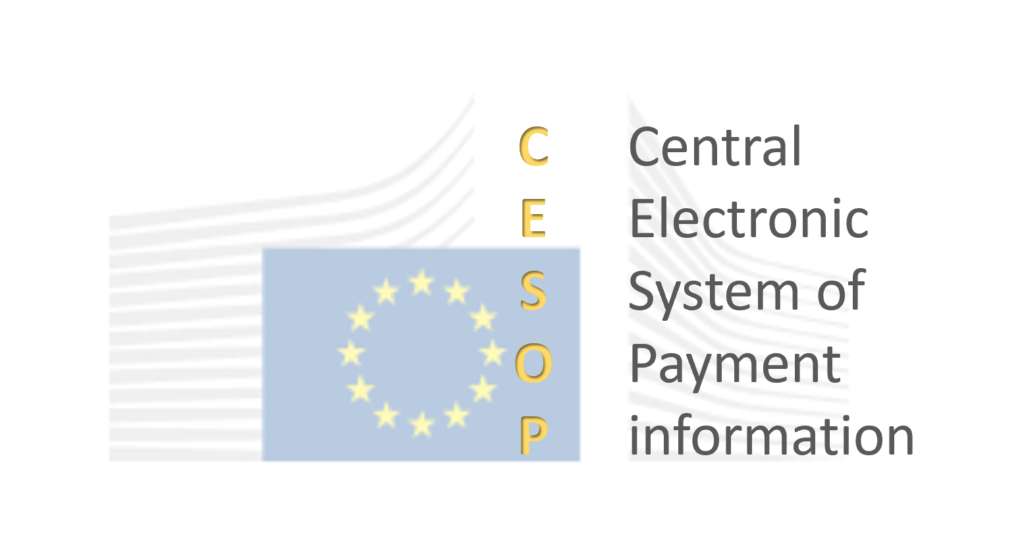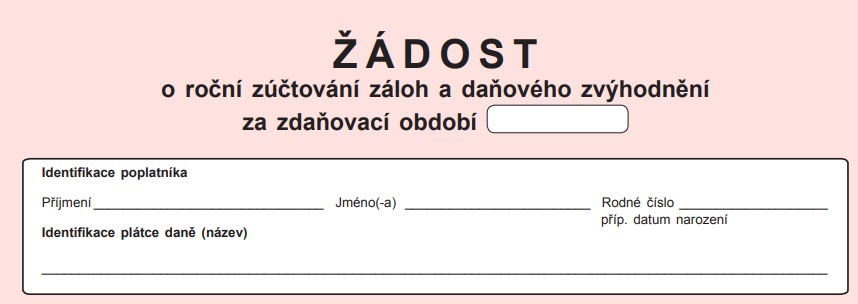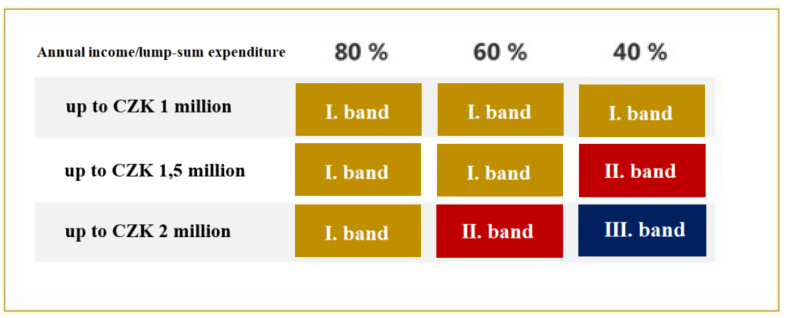The tax increase now also applies to rooms in residential houses and units used for any kind of business, including accommodation.

Until the end of 2023, the obligation to increase the property tax rate on residential properties applied only to properties where the predominant part of the property (or the whole property) was used for business, including accommodation services, such as Airbnb.
The amendment to the Real Estate Tax Act brings a number of changes, of which we would like to point out in particular the increase in the real estate tax and the resulting obligation to declare this increased tax in certain cases.
Since 1 January 2024, the tax rate increased from CZK 2 to CZK 3.50 per 1 m² of non-residential space used for business purposes. This new increase is also applied to all rooms in residential houses and housing units used for business, including accommodation services. The tax increase is calculated as the product of the floor area of the non-residential space or room in question in m² multiplied by CZK 3.50. It follows that taxpayers who do not allocate the entire building of a residential building with a tax rate for business, because more than half of the floor area of the building is used for housing, have a new obligation to file a real estate tax return in which they indicate the tax increase for rooms used for business accommodation.
Situations where a certain room of a residential house or unit is used for living as well as business purposes at the same time remain outside the tax increase. For example, a seamstress or a tailor uses the living room not only for living but also for business during the day, as they sew and test in it, or an IT developer programs on a computer in his bedroom.
The amount of the tax is determined by the usage of the property for housing vs business valid as of 1 January 2024.
Example:
Mr. Smith owns a family house in which he has two apartments (but which are not defined as separate units according to the Land Registry) in which he provides accommodation and related services to tourists. Since the majority of the floor area of the family home is used for his permanent residence, he has claimed the family home at the residential tax rate for the 2023 tax year. Is Mr. Smith required to file a tax return for the 2024 tax year?
Yes, Mr. Smith is obliged to file a real estate tax return for the 2024 tax year, in which he lists the family home including the tax increase for the relevant m2 of rooms comprising the two apartments used for his accommodation business.
If you are affected by this change and have any questions or uncertainties on how to proceed, please do not hesitate to contact us.







